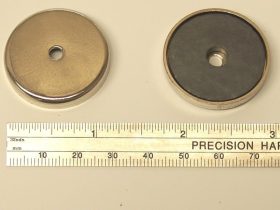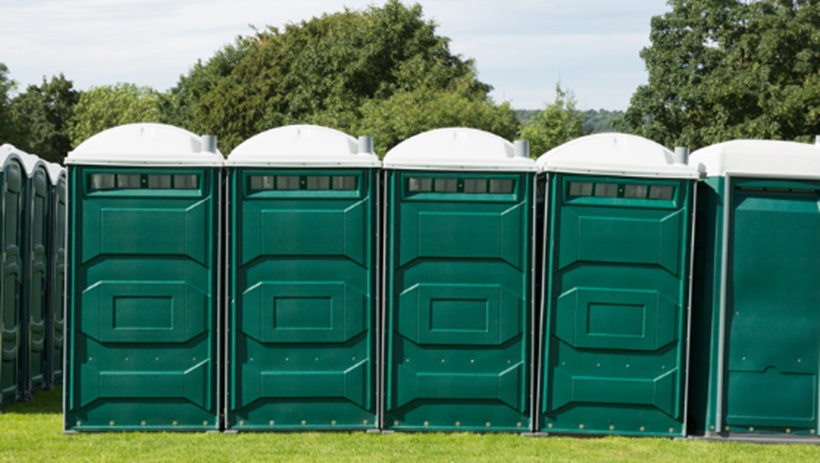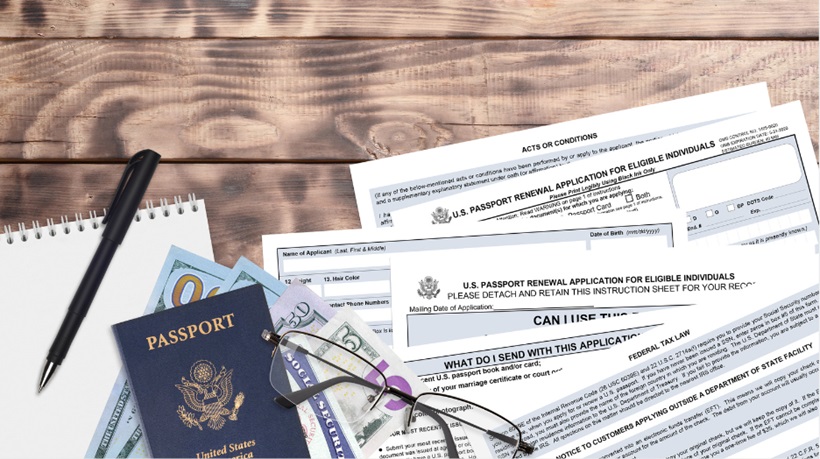If you are hoping to get Italian citizenship through ancestry, not only will you have some questions but also there will be some questions you have to answer in order to see if you are eligible.
How to Get Started
In order to apply for Italian citizenship through ancestry, you need to prove your eligibility with required records for Italian ancestors. You need to present these documents at the citizenship appointment with the Italian consulate or your town hall if you live in Italy. Each consulate will have some discretion about which documents are required so you should find out before you start to gather your documentation. Some of the documentation required includes the birth and marriage records of Italian ancestors.
Where Was Your Ancestor Born?
The Trentino, Veneto, and Friuli Venezia Giulia areas of northern Italy were once previously ruled by Austria. If your ancestor left these certain areas before 1920 then he or she may not have citizenship and you need to see if they ever requested citizenship during their lifetime. There is a new amendment involving descendants from these areas in the works so it’s important to note that if your ancestor is from these regions, clarify any current laws before you start the application process.
When Did Your Ancestor Immigrate to a New Country?
If your ancestor emigrated before Italy became a country in 1851 then he or she may not have citizenship through birth. If the line you descended from lost citizenship because your ancestor was naturalized in another country or for other reasons, you may not be able to claim citizenship as a descendant. Figure out whether your ancestor was naturalized after or before the birth of the child you descended from. If it is after, then you may still qualify. If your ancestor immigrated after 1992 then he or she may already have dual citizenship and you just have to declare your citizenship in order to take advantage.
Was Your Ancestor Female or Male?
There are some older Italian laws that have affected whether female ancestors could pass citizenship and whether or not your female ancestor lost or gained citizenship when she married. Some of the laws are considered discriminatory so you may need to challenge it in court if the situation applies to your application.
Was Your Ancestor Adopted?
There are plenty of different laws that govern adopted children and rights to citizenship. If your ancestor was adopted and not registered in Italy while he or she was still considered a minor, then the consulate may challenge your application for citizenship.
How Old Was Your Ancestor When He or She Immigrated?
Countries have different laws about the naturalization of children. You need to research these laws to see if your ancestor was a minor when he or she immigrated.









Leave a Reply